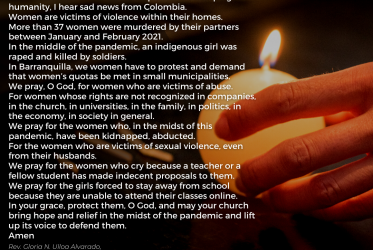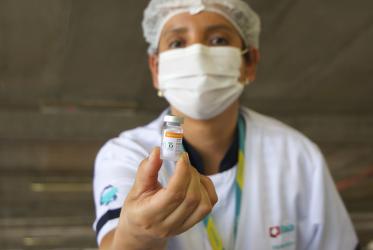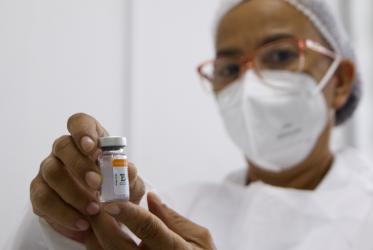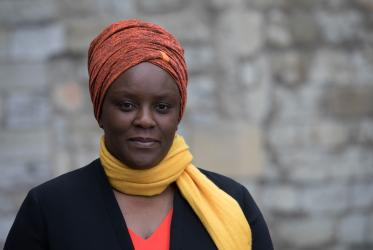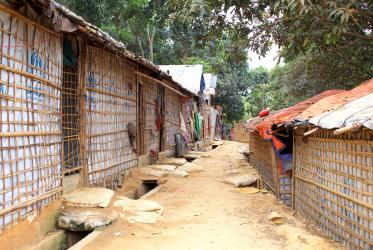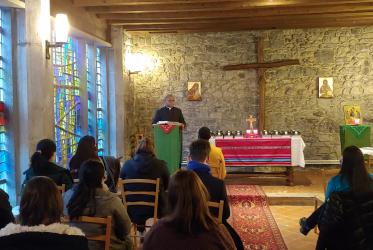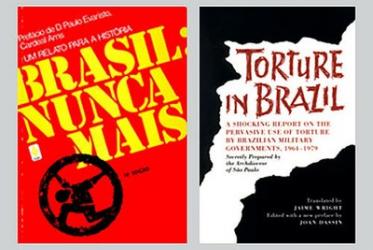Displaying 141 - 160 of 868
WCC answers your questions about vaccines
26 April 2021
WCC Vaccine Champions ready to serve
23 April 2021
Unprecedented times call for coordinated communication support
19 January 2021
Thomas Kang: “Hope is what moves Christians”
21 August 2020


